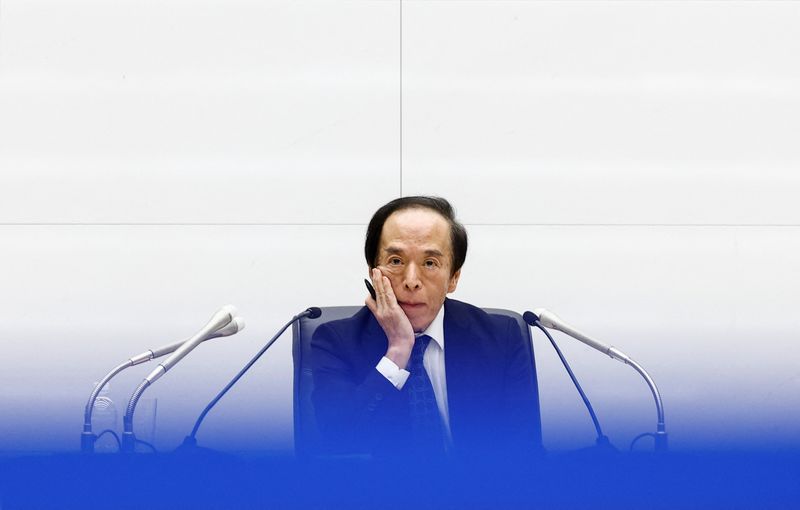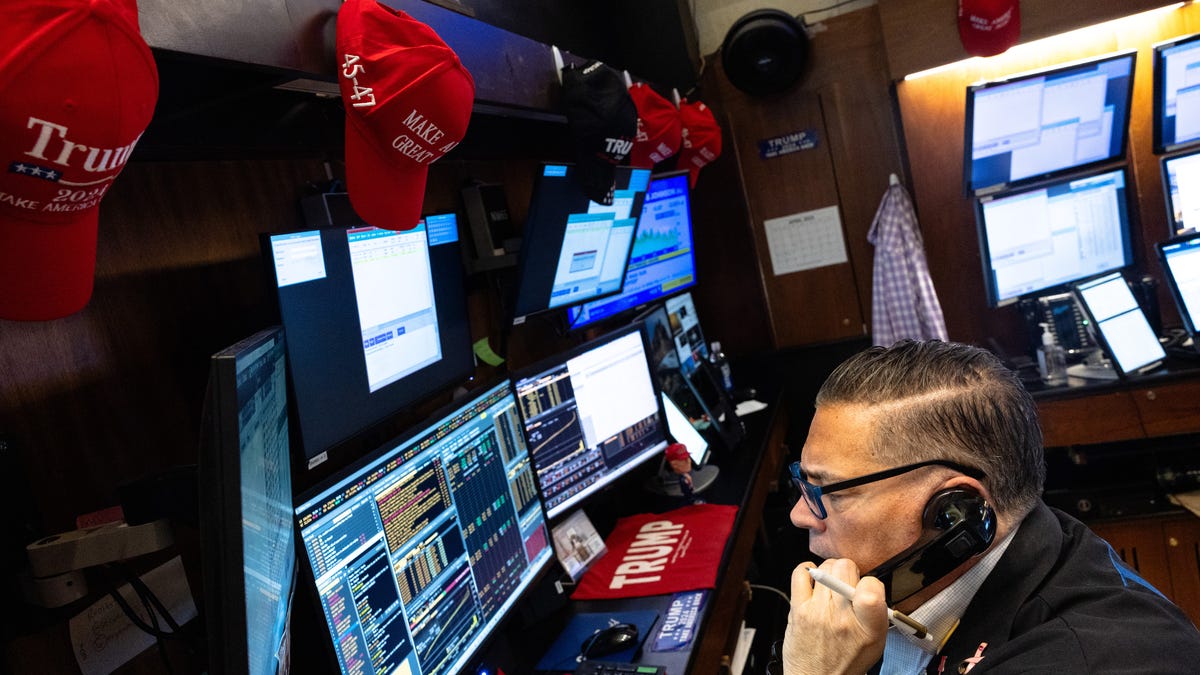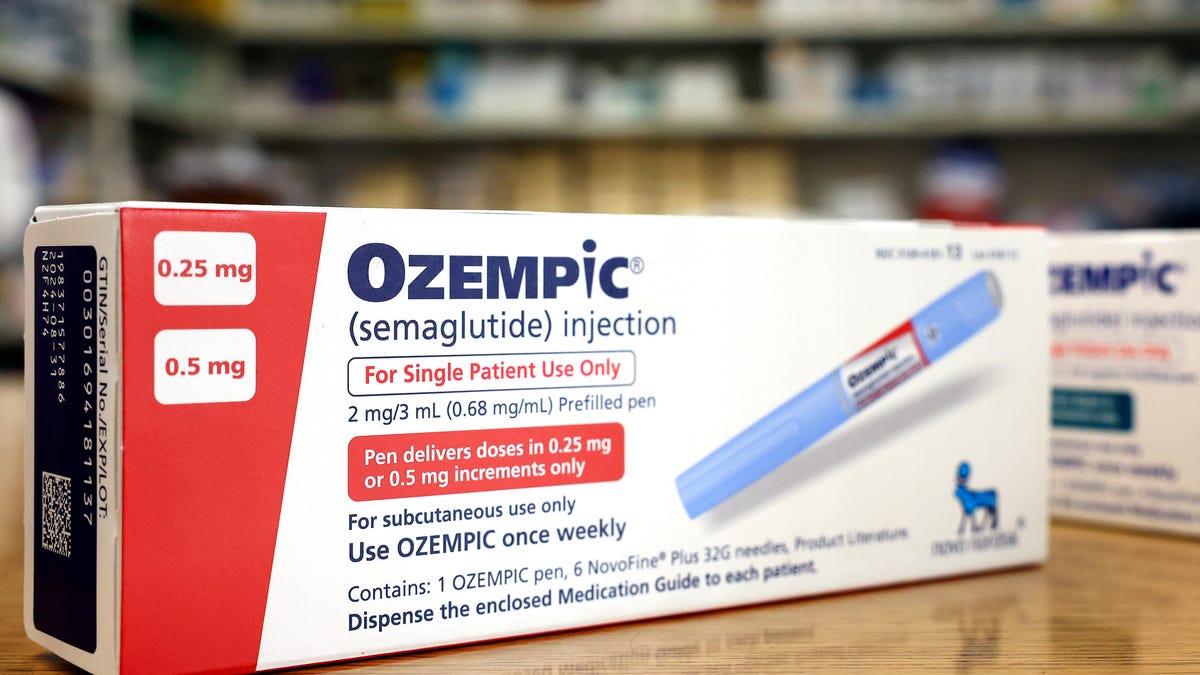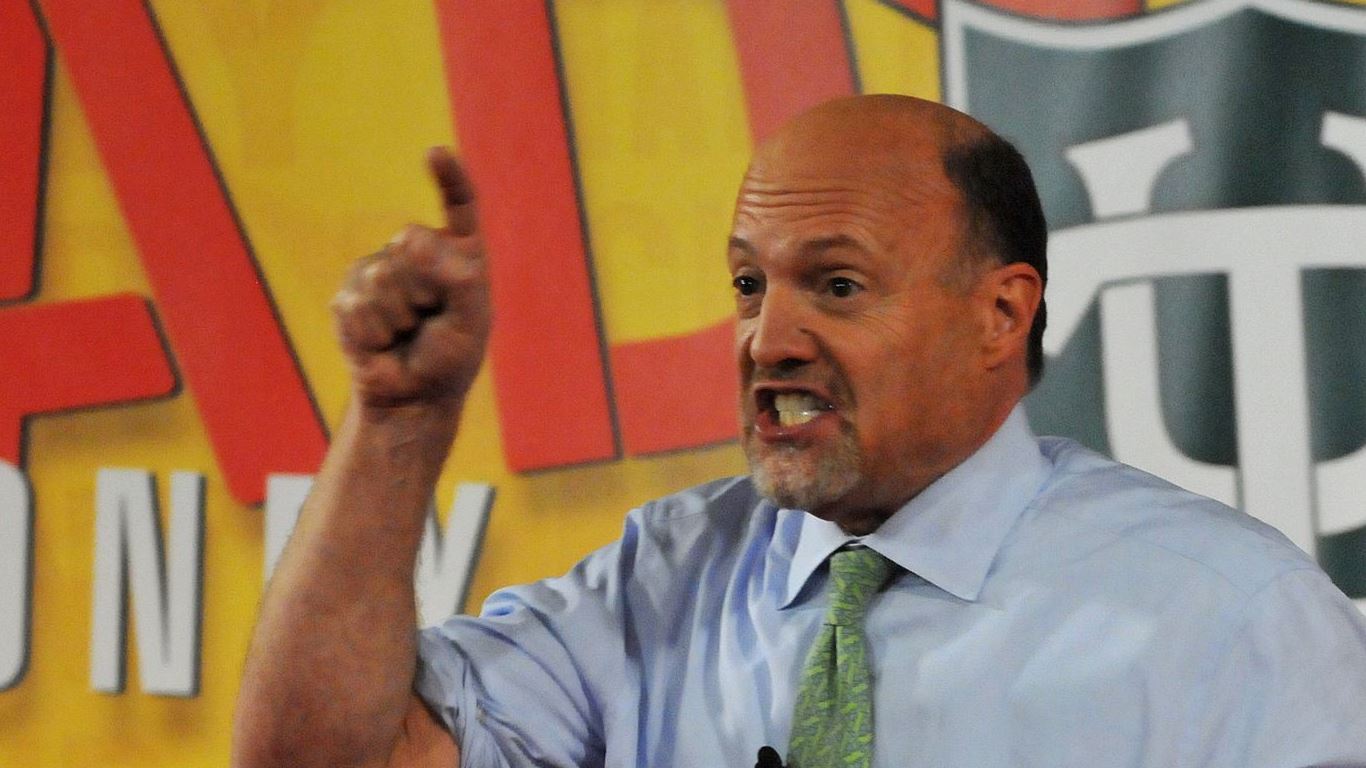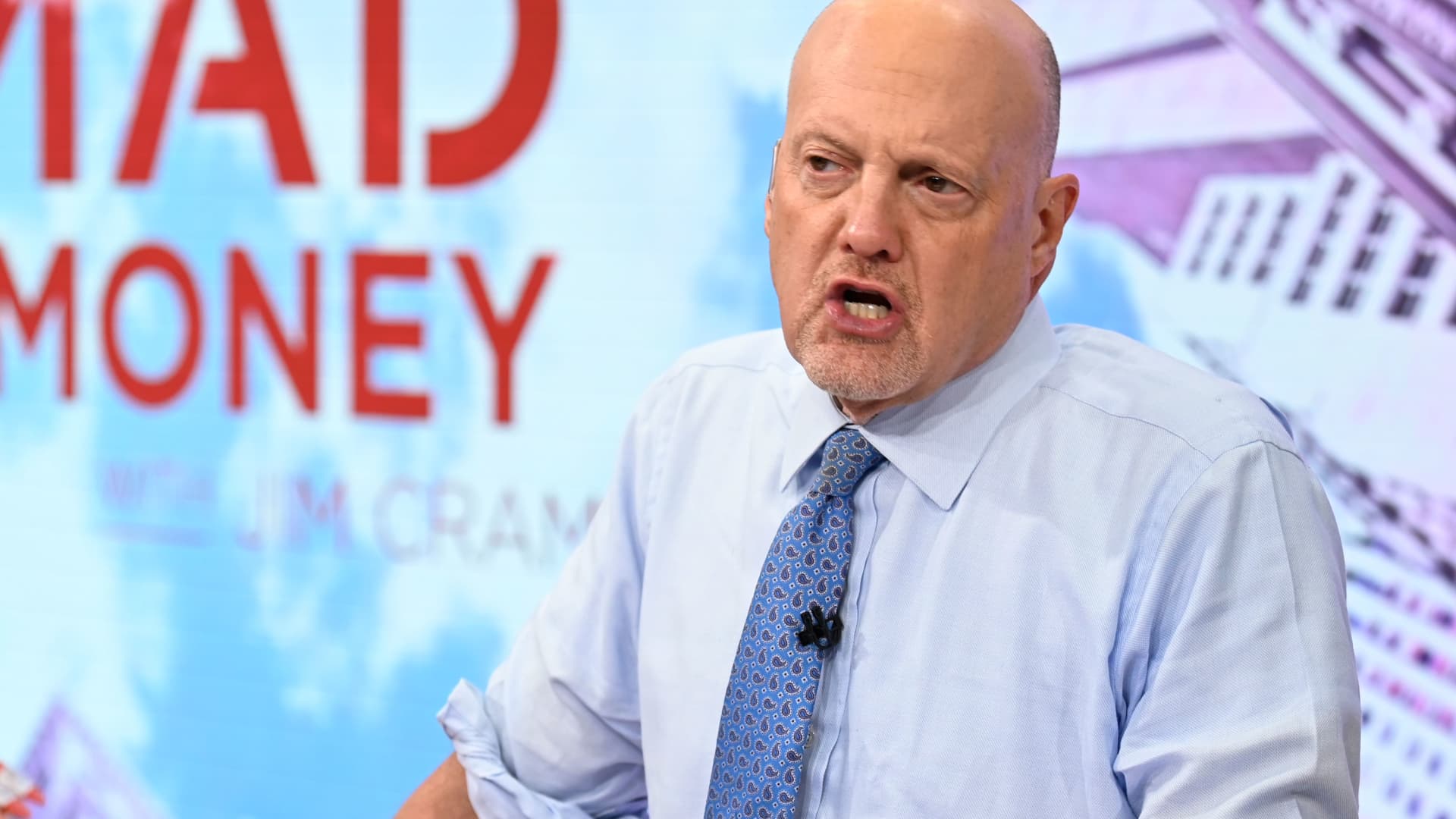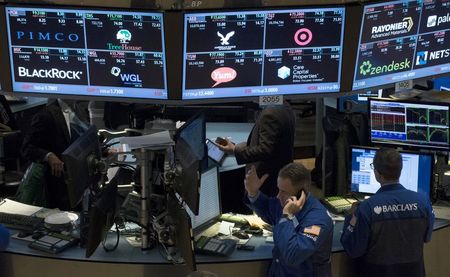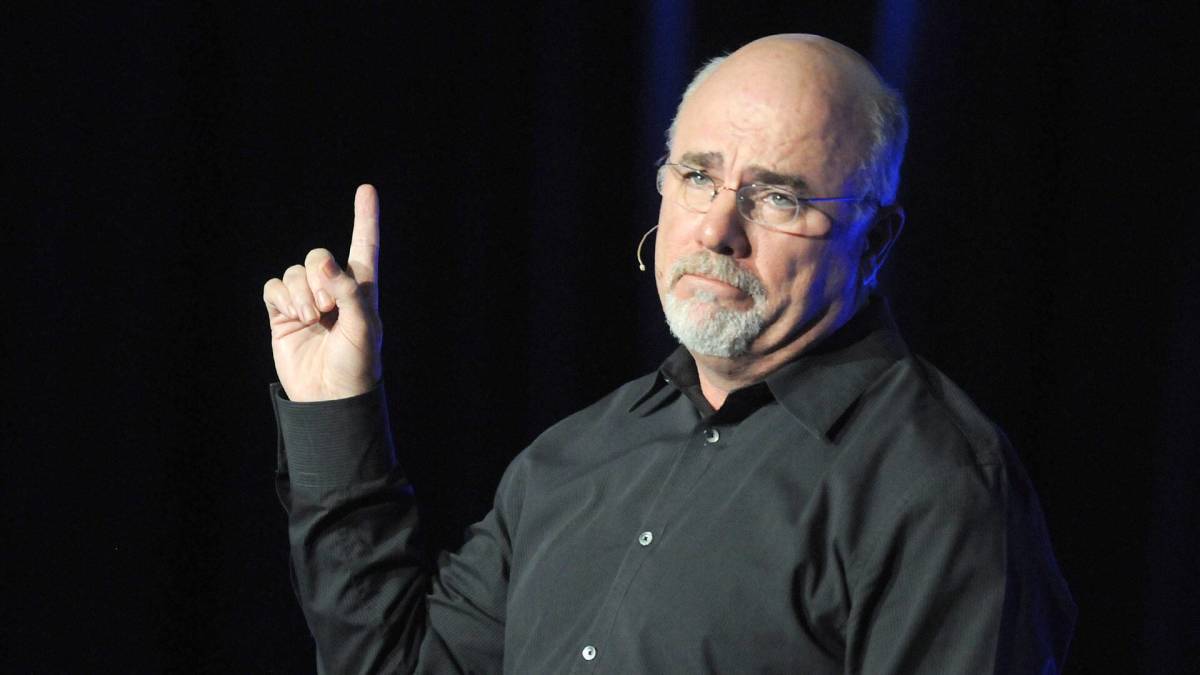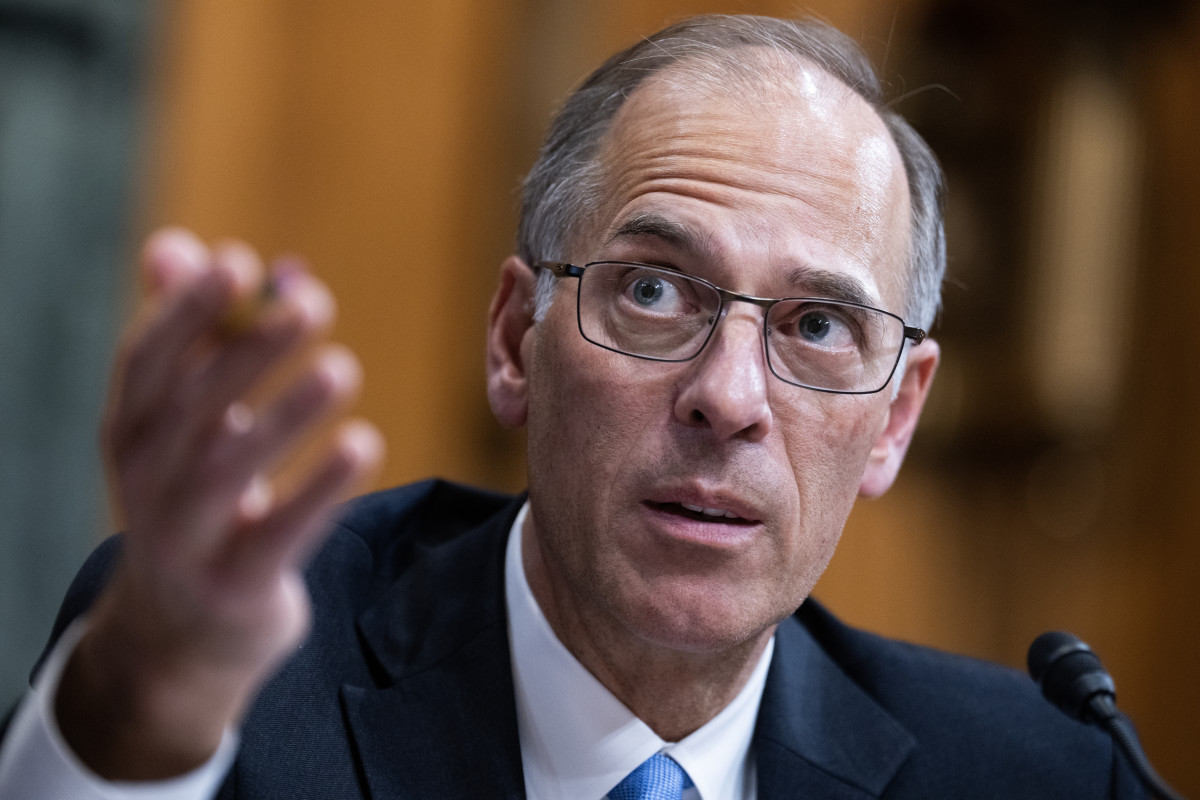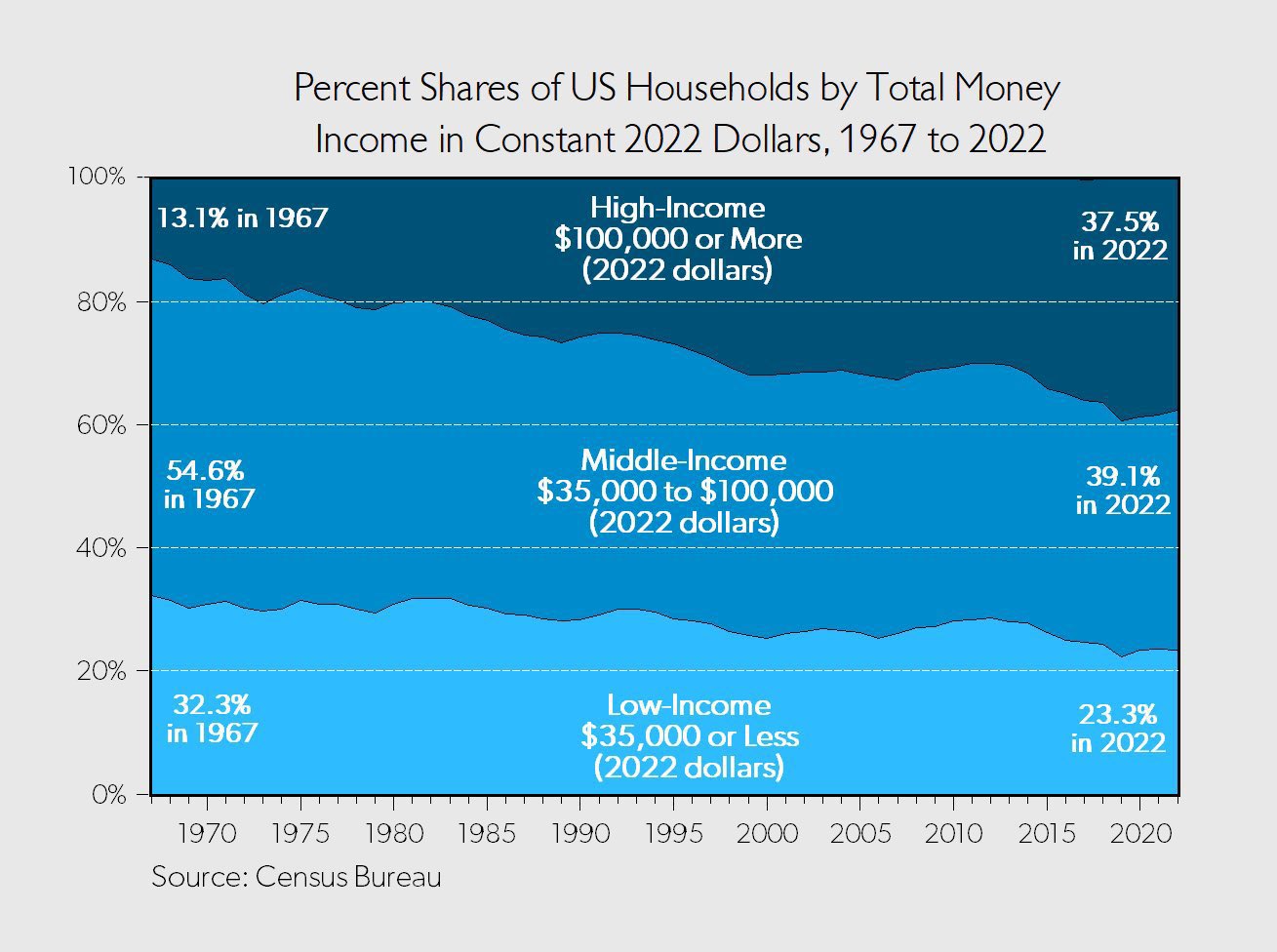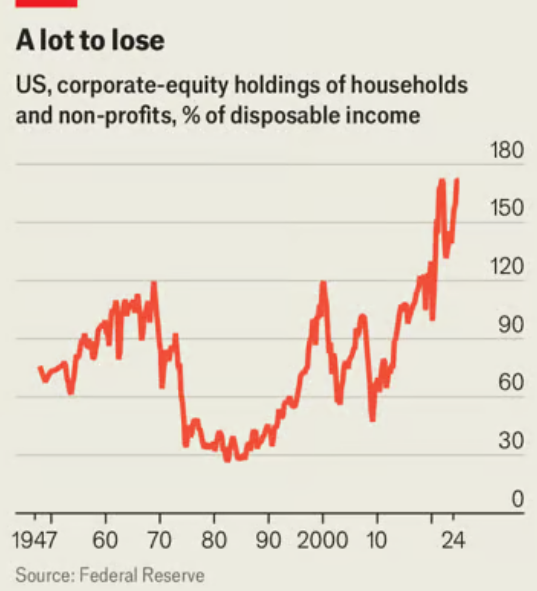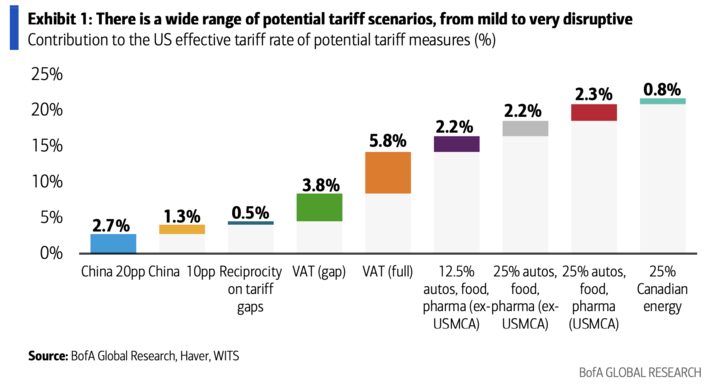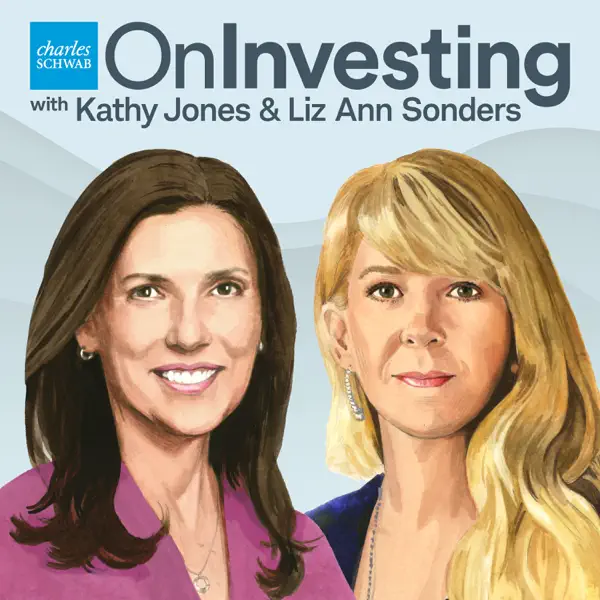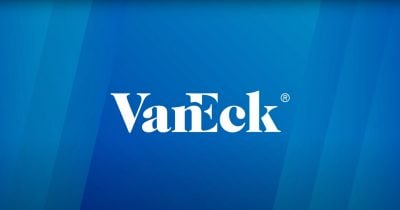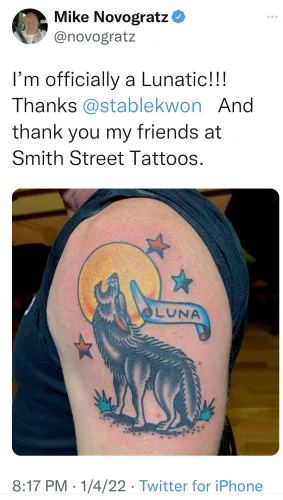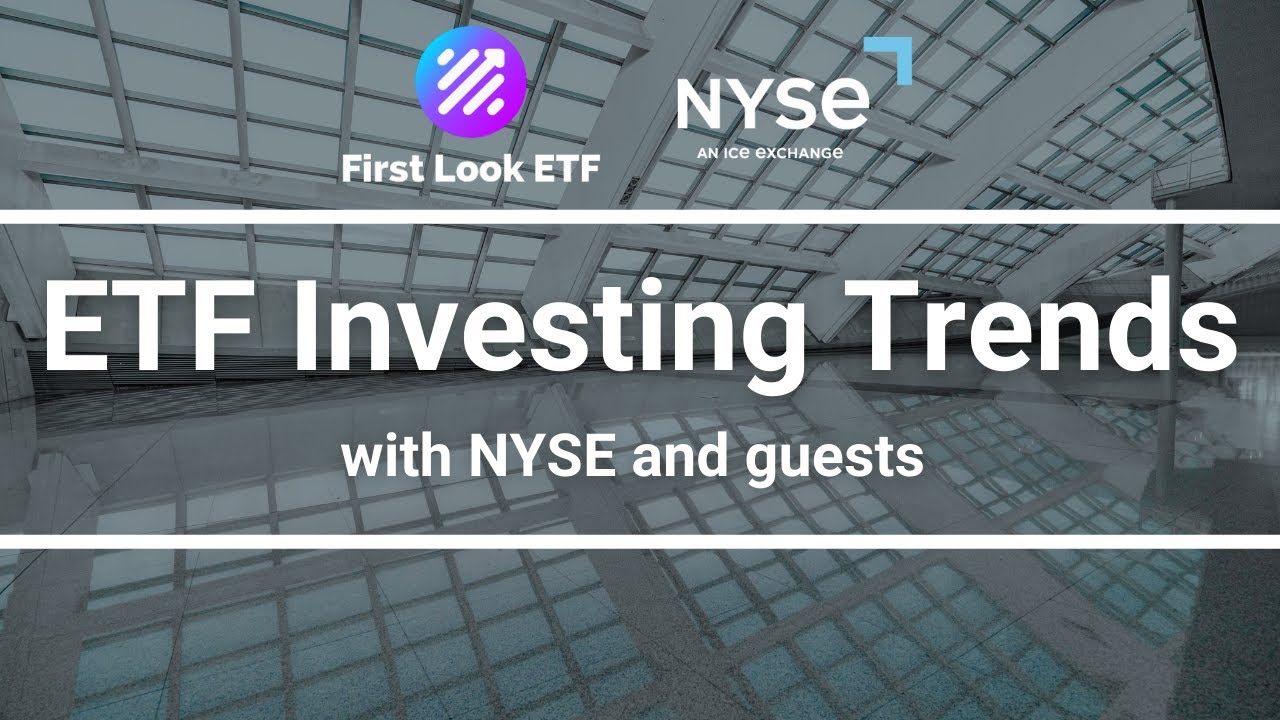As a kid, she raised money to cure cystic fibrosis. Now she’s the CEO of a $2.6 billion genetic testing company
Katherine Stueland is the CEO of GeneDx.

When Katherine Stueland was 11 years old, she went to a reunion for her mother's branch of the family tree and learned that multiple cousins had cystic fibrosis.
Stueland didn't know what it meant for her or her immediate family. So she hit the books.
"There was one written by sportswriter Frank DeFord"—Alex: The Life of a Child—"about his daughter having cystic fibrosis," she tells Fortune. "I devoured it and decided I was going to change the world. I ended up raising $1,500 for the Cystic Fibrosis Foundation."
That moment didn't exactly set Stueland on a path to become a physician or a lab rat. She went on to earn a college degree in, yes, science, but also English literature, and build her professional career working in communications for health-adjacent companies.
But her career arc slowly bent back toward that childhood revelation. Today, Stueland is the CEO of GeneDx, a publicly traded genetic testing company with $302 million in 2024 revenue and a $2.6 billion market cap, headquartered in Stamford, Conn.
"Today I spend most of my time working with rare disease patient advocates," she says. "It's kind of full circle in a sense. I did not intend for it to be that way at all."
From pharma to biotech
Stueland spent the first part of her career working on pharmaceutical concerns. She worked on the first protease inhibitor for HIV/AIDS and the first cancer immunotherapy approved by the Federal Drug Administration. She worked on Lexapro and the effort to destigmatize depression and anxiety. She worked on Namenda, used to treat the severe dementia that comes with Alzheimer's disease.
But it took a 2013 divorce to disrupt her pattern, pull her out of the Midwestern corporate pharma world, and thrust her into a West Coast biotech scene that eschewed offices, emphasized teams, and encouraged taking big risks.
"The corporate environment gave me the stability to survive," she says. "As I got my confidence up, and talking to these companies and seeing how scrappy they were, that felt very much like home to me. Migration was about taking a risk on myself and feeling comfortable taking risks on other people, too."
It was also a landmark year for the business of genetics. In 2013, the U.S. Supreme Court ruled in Association for Molecular Pathology v. Myriad Genetics that isolated human genes couldn't be patented.
Stueland began working for Invitae, now owned by Labcorp, which had spun out of Genomic Health in part with the hope that the courts would rule as they did.
"Another taking-a-big-risk moment," she says. "The company placed a big bet on that."
The impact of accessibility
The nascent genetic testing industry took off like a rocket. More and different kinds of people had testing done. Costs plummeted—what was once $3,500 to sequence a single gene became less than that to do a genome that contains 20,000 genes.
And with wider testing, more patterns about genetic conditions were observed. For breast cancer, for example, the same share of patients inside and outside recommended screening guidelines were found to be at risk, widening the necessary aperture.
"We're diagnosing more women with breast cancer, earlier, because we're screening more," she says, "but the morbidity rate is going down because we're finding them earlier and able to intervene."
Stueland's career was unquestionably soaring along with the genetic testing boom. But it wasn't until 2021 that she entertained the idea of taking a company's top job.
'I was totally surprised'
"In the middle of the pandemic I got a call about my interest in taking a CEO job," she recalls. "I felt like I had a lot of clarity before that moment that I had zero interest. I was a really good right-hand person. But 'yes' came out of my mouth. I was totally surprised."
That call came from a rival genetic testing firm: GeneDx. She was familiar with the organization and its technology because she had competed against it for years. But Stueland was an unorthodox candidate—a veteran of the category, yes, but one without an MBA, MD, or PhD.
"I wanted to create a culture where people could take risks on themselves and create amazing career journeys—where people could take risks they couldn't at other companies," she says. "This team is scrappy with people with many different backgrounds coming together with a common purpose."
She also wanted to give a "smart, cerebral, bespoke, academic" company burning tens of millions of dollars a quarter the commercial muscle it needed to function in the public markets.

"It was a huge transformation, and I underestimated that," she says. "It took an immense amount of partnership across the company. I knew that culture was going to be a huge part of what made or broke us, without a doubt."
Accomplishing that meant embracing the dynamism of an entrepreneurial approach—faster, decisive, more growth-oriented—that first attracted Stueland from more the conventional environments she occupied earlier in her career.
"You know what song you need to play, what musicians you need to bring, what notes you need to play [for a given audience]," she says. "I consider the meetings in which I don't speak as much as they do to be the best meetings I'm in."
After years of recalibration—and a hard slide from its frothy 2021 market peak—GeneDx is once again on the upswing. The company's shares are selling at 10X what they were a year ago. It's on track to profitability this year. It stands to benefit from recent FDA guidance on the use of AI in medical devices. And it's chipping away at a rare disease economic burden that its CEO estimates to be $1 trillion.
That's all good news for GeneDx's top executive. But on a personal level, Stueland is grateful that her career has come back to that family reunion all those years ago.
"There's been this wonderful consistent thread of working with people who want to improve people's lives, as pithy as that sounds," she says. "A lot of people come to this industry from personal experience or the experience of a loved one."
This story was originally featured on Fortune.com
